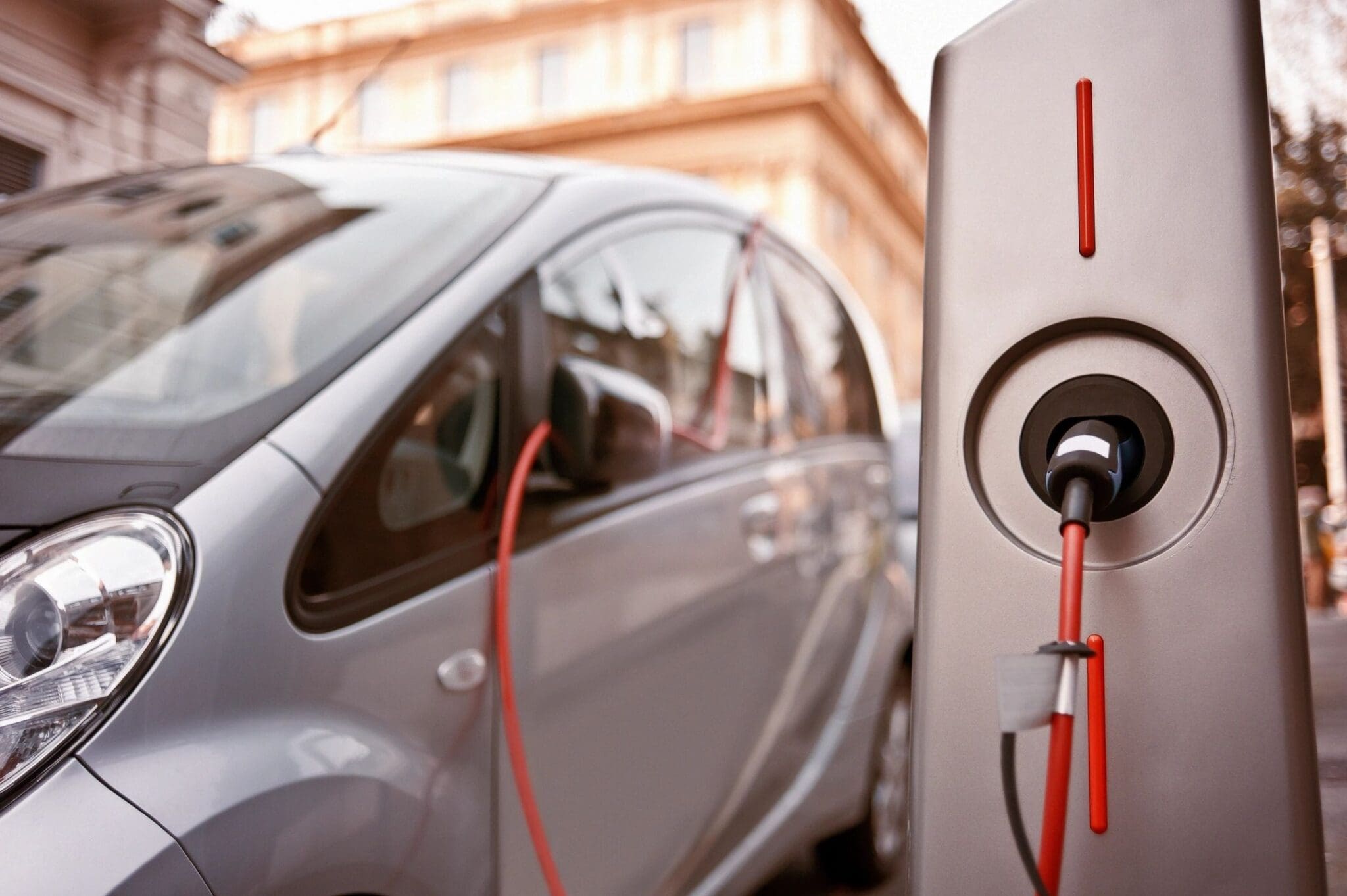
Why Switch to an Electric Vehicle?
While Europe has been leading the way in electric vehicle (EV) ownership, drivers in the US have been a bit more hesitant. Recent research reveals that “about four-in-ten Americans (38%) say they’re very or somewhat likely to seriously consider an electric vehicle for their next vehicle purchase.” EVs, however, come with many forward-looking benefits. More than a trend or phase, EVs are a transformative movement reshaping the automotive industry. In this article, we’ll explore the compelling reasons to switch to an electric vehicle, highlighting the benefits that extend beyond personal convenience to environmental and economic advantages.
For residents of Nevada and beyond, the Nevada Clean Energy Fund (NCEF) is an excellent resource for supporting the transition to clean energy. The NCEF aims to accelerate investments in clean energy projects, including the promotion of EVs and the development of necessary infrastructure. Learn more about energy saving and explore our resources today!
Environmental Impact: Reducing Your Carbon Footprint
One of the strongest and most cited motivations for switching to an electric vehicle is the positive environmental impact. While traditional internal combustion engine vehicles emit substantial amounts of carbon dioxide and other harmful pollutants into the atmosphere and contribute to climate change and air quality deterioration, EVs are here to change the way our transportation impacts our environment.
- Lower Emissions: EVs produce zero tailpipe emissions, significantly reducing the number of pollutants released into the environment. By driving an electric car, you can help decrease the overall levels of greenhouse gasses, which are the primary drivers of global warming.
- Renewable Energy Integration: EVs can be powered by renewable energy sources, such as solar, wind, and hydroelectric power. By charging your EV with renewable energy, you further minimize your carbon footprint and promote the use of clean energy.
Cost Savings: A Financially Savvy Choice
While the upfront cost of an EV can be higher than that of a conventional car, the long-term financial benefits are substantial.
- Lower Operating Costs: EVs are more efficient and cost less to operate compared to gasoline-powered cars. The cost of electricity per mile is considerably lower than that of gasoline. Additionally, EVs have fewer moving parts, which translates to lower maintenance and repair costs.
- Tax Incentives and Rebates: Many governments offer tax incentives and rebates to encourage the adoption of both new and used EVs, helping to make them more affordable. For example, federal tax credits can reduce the cost of a new EV by up to $7,500, while used EVs may qualify for a credit of up to $4,000. Additionally, state incentives can provide further savings. These financial incentives can significantly offset the initial purchase price, making both new and used EVs a more cost-effective option for consumers. For more tax credit information visit our page.
- Long-Term Savings: Over the lifespan of an EV, the savings on fuel and maintenance can add up to thousands of dollars. This makes EVs a smart long-term investment for cost-conscious consumers.
Performance and Convenience: Driving the Future
EVs offer a range of performance and convenience benefits that enhance the driving experience.
- Instant Torque and Acceleration: EVs are known for their instant torque, providing quick and smooth acceleration. This results in a more responsive and enjoyable driving experience compared to traditional gasoline engines.
- Quiet and Smooth Ride: Electric motors are quieter and produce less vibration than internal combustion engines, resulting in a smoother and more serene driving experience. This can reduce driver fatigue and make for a more pleasant journey.
- Advanced Technology and Features: Many EVs come equipped with the latest technology and features, including advanced driver-assistance systems, high-tech infotainment systems, and superior connectivity options. These features not only enhance safety but also provide a more enjoyable and convenient driving experience.
Energy Independence: Reducing Reliance on Fossil Fuels
Switching to an EV contributes to reducing our reliance on fossil fuels, promoting energy independence, and enhancing national security.
- Diversifying Energy Sources: EVs can be powered by a variety of electricity sources, including renewables. This diversification reduces dependence on oil and contributes to a more resilient and secure energy system.
- Reducing Oil Consumption: By driving an EV, you help decrease the demand for oil, which can lead to reduced oil imports and lower fuel prices. This shift can also reduce the geopolitical tensions associated with oil dependence.
Supporting Innovation and Economic Growth
The transition to EVs is driving innovation and economic growth in various sectors.
- Job Creation: The EV industry is creating new jobs in manufacturing, research and development, and infrastructure. This growth supports local economies and promotes technological advancement.
- Infrastructure Development: The increasing adoption of EVs is driving the development of charging infrastructure. Investments in charging stations and related technologies are creating new business opportunities and enhancing the convenience of owning an EV.
The Future Is Electric
As the world grapples with climate change and the need for sustainable solutions, EVs represent a crucial step toward a greener future. The benefits of switching to an EV extend beyond individual savings and convenience to encompass significant environmental and economic advantages.
Switching to an EV is not just a personal choice; it’s a commitment to a sustainable future. By making the switch, you can enjoy numerous benefits while contributing to a healthier planet and a stronger economy. Embrace the future of transportation today and be a part of the change.
The NCEF is a nonprofit organization and green bank that provides financial and technical resources to accelerate clean energy growth in the state, reduce energy costs, create jobs, and meaningfully address climate change. NCEF works with communities, local businesses, schools, governments, tribes, utilities, contractors, lenders, and others to increase access to clean energy opportunities, such as renewable energy, energy efficiency, EVs, and energy storage. Learn more about our funding solutions for residents to see how we can help you save on energy efficiency today!
